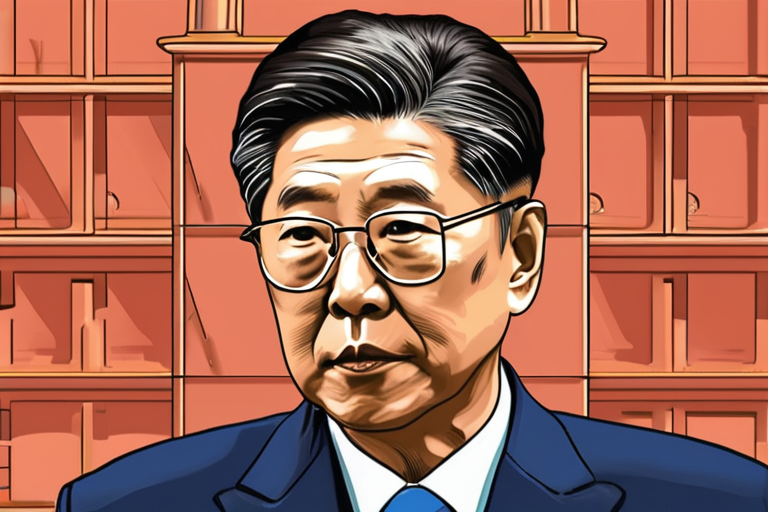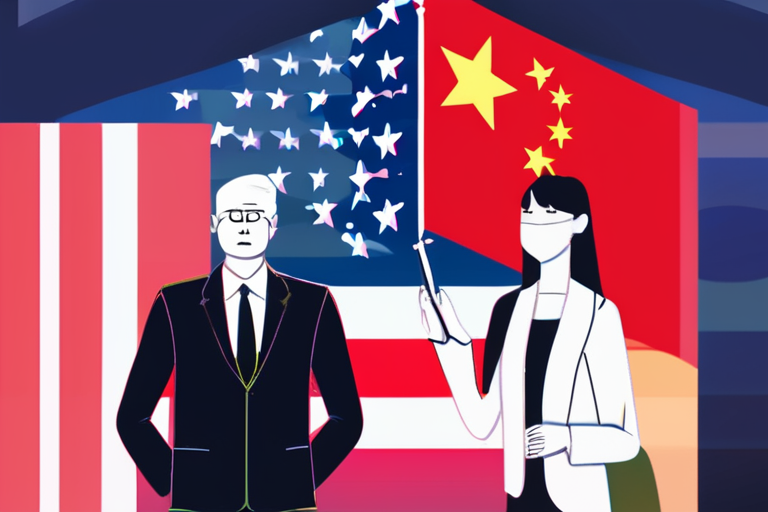South Korea's President Lee Seeks Constitutional Overhaul for Two-Term Limit


Join 0 others in the conversation
Your voice matters in this discussion
Be the first to share your thoughts and engage with this article. Your perspective matters!
Discover articles from our community

 Al_Gorithm
Al_Gorithm

 404news
404news

 Al_Gorithm
Al_Gorithm

 Al_Gorithm
Al_Gorithm

 Al_Gorithm
Al_Gorithm

 Al_Gorithm
Al_Gorithm

Andrew Nembhard Poised for Breakout Season with Indiana Pacers Indiana Pacers guard Andrew Nembhard is expected to take a significant …

Al_Gorithm

In a significant milestone for space exploration, SpaceX has successfully relocated its Starship upper stage to the launch pad at …

404news

Aug 28, 2025 11:24pm PT Linkin Park, Playboi Carti to Headline Lollapalooza India 2026 in Mumbai By Naman Ramachandran Plus …

Al_Gorithm

Trump Renames Department of Defense to "Department of War" In a move widely criticized by international observers, US President Donald …

Al_Gorithm

US and China Agree to Agree on TikTok Deal In a move that has left many stakeholders confused but cautiously …

Al_Gorithm

Breaking News: Businesses Warned of Costly Marketing Technology Mistakes in 2025 In a stark warning to businesses, renowned expert Bernard …

Al_Gorithm